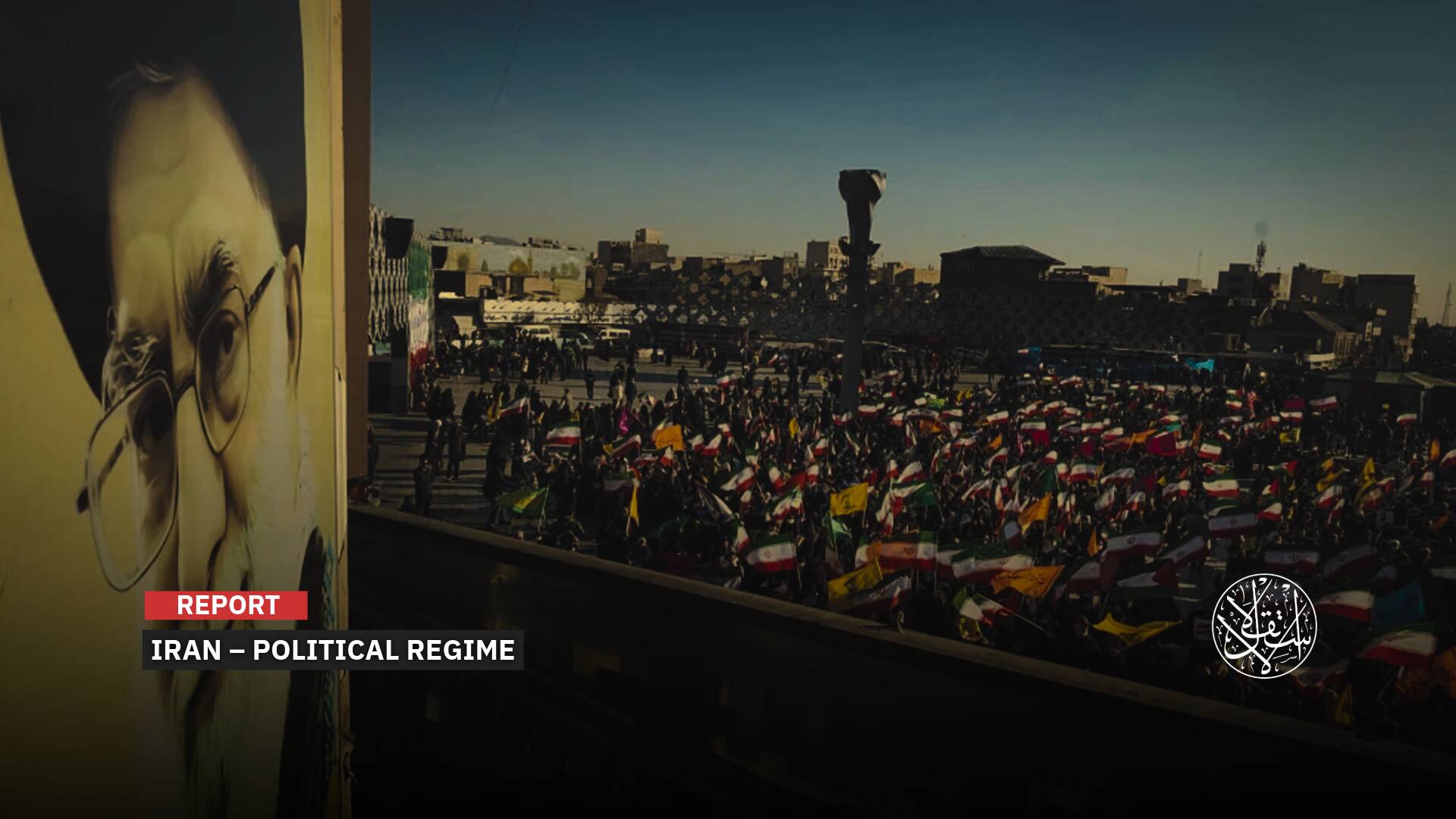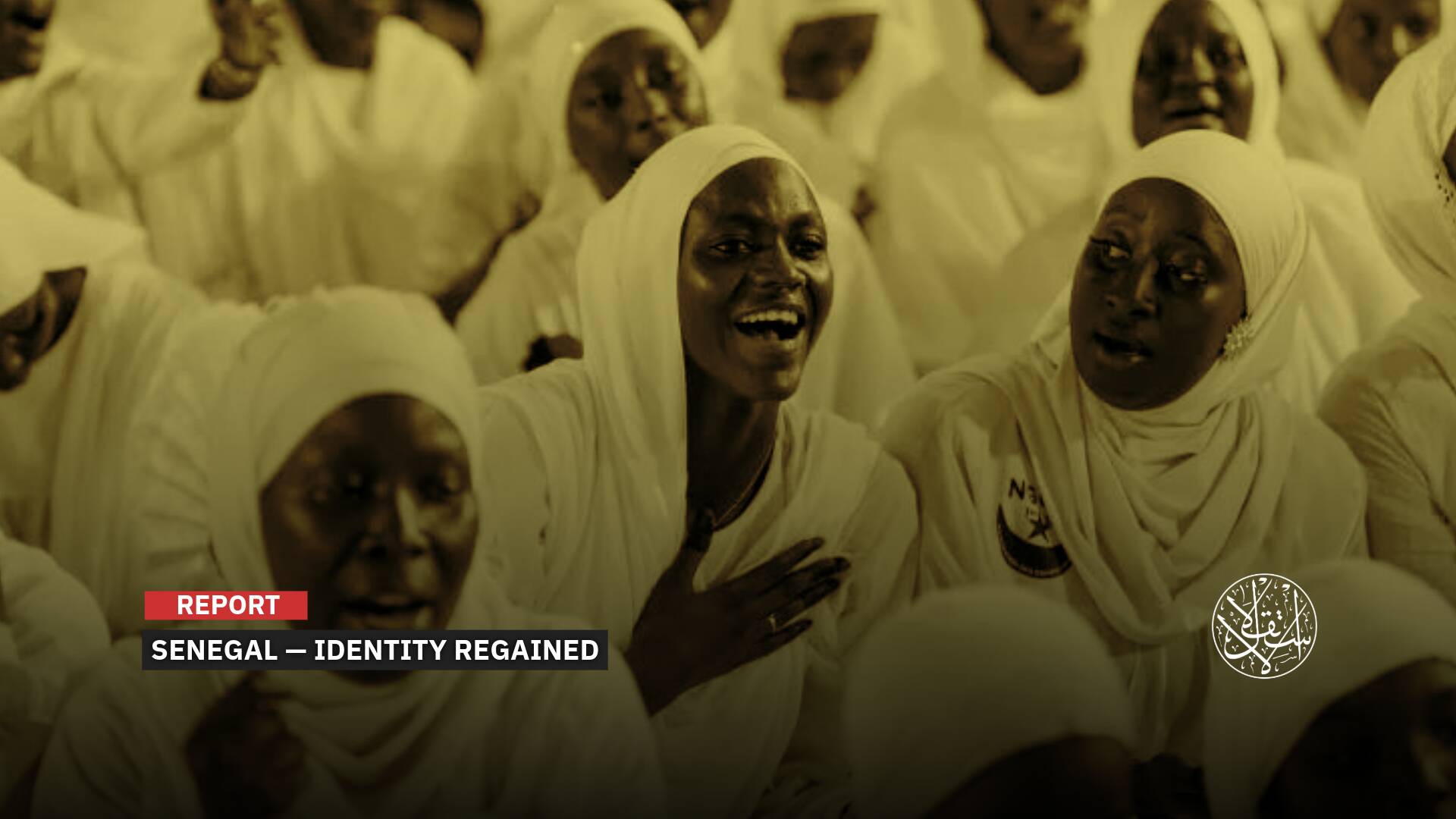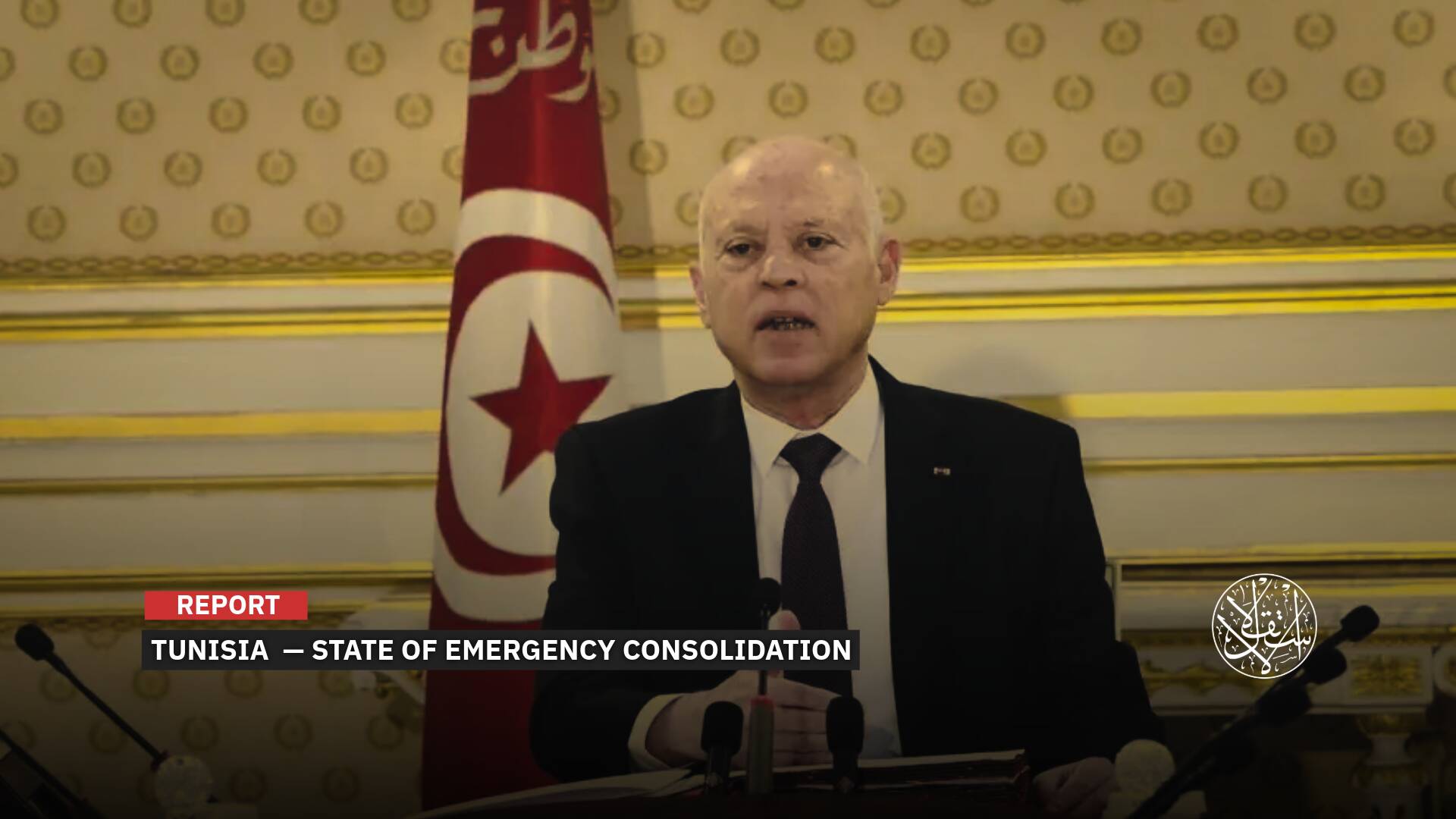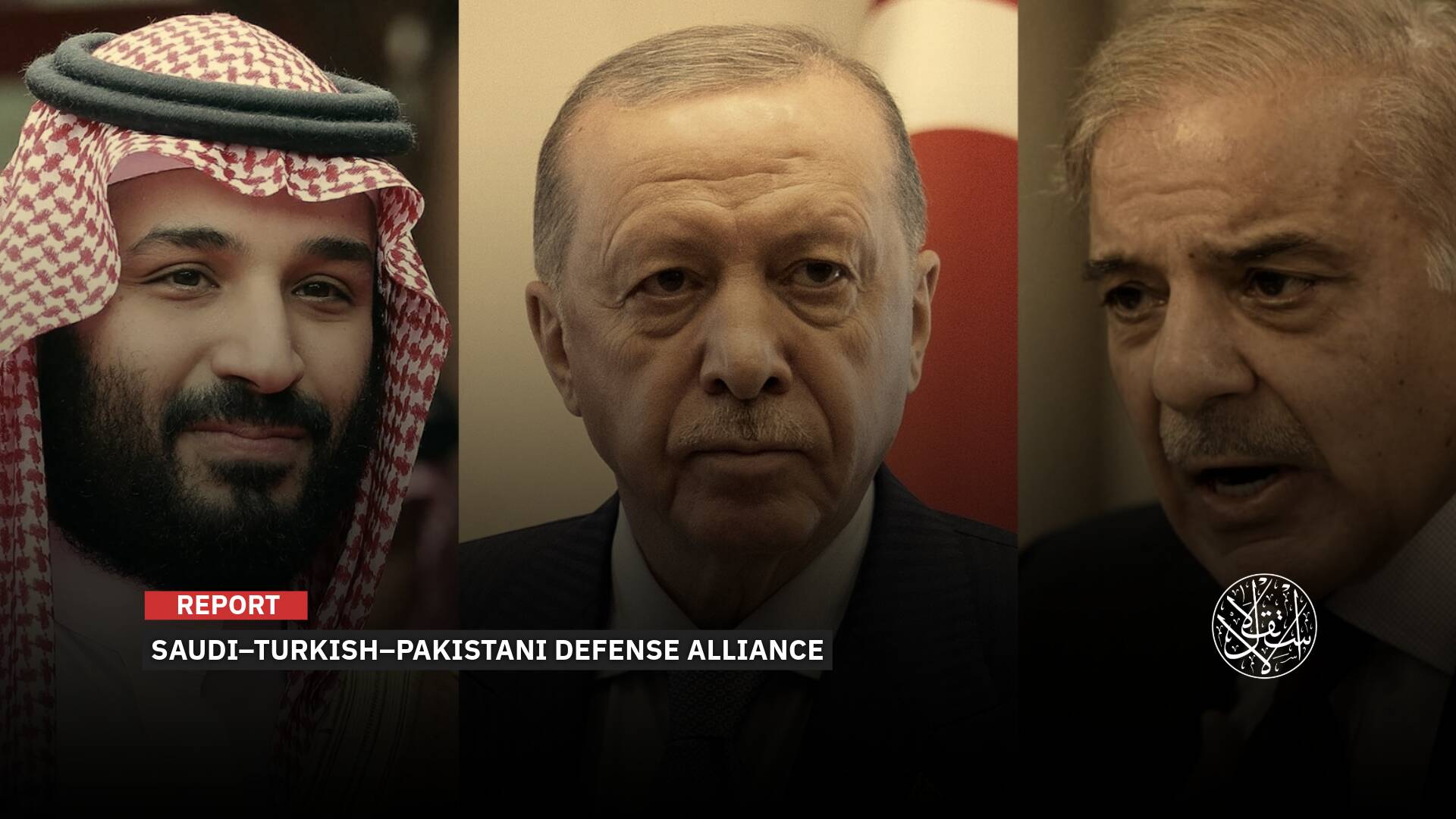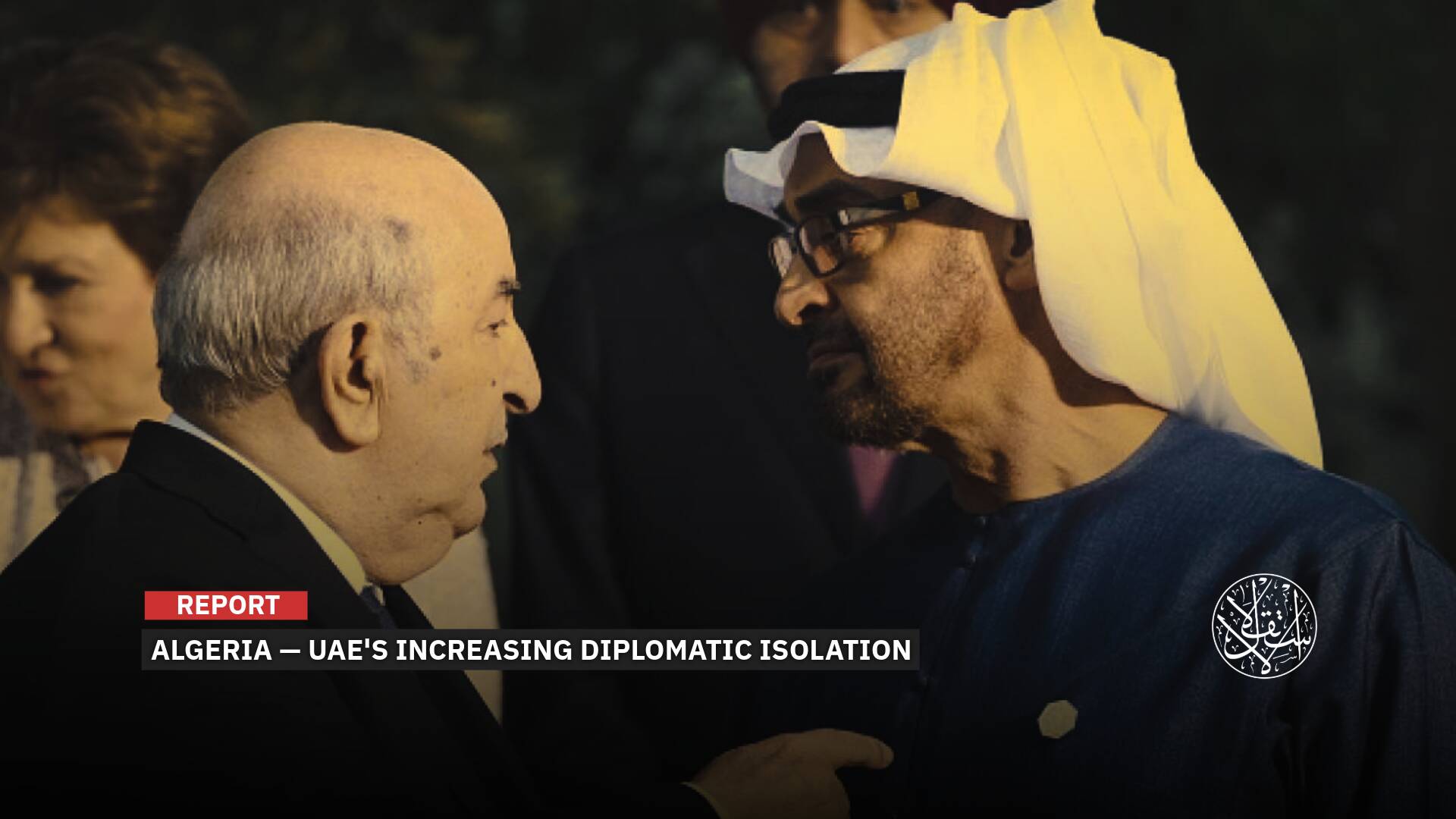Ibrahim Traore: A French Repellent or Another African Coup Leader?
.png)
Burkina Faso, a landlocked country in West Africa, has been in turmoil since last year when two military coups toppled the elected government and plunged the nation into chaos.
The latest coup, led by a young captain named Ibrahim Traore, has drawn international attention for his bold moves against France, the former colonial power, and his fiery speech at a summit with Russia, a rival of the West.
Traore, who is in his mid-thirties, seized power on September 30, 2022, claiming to represent the aspirations of the Burkinabe people, who were fed up with the corruption and incompetence of the previous regime.
He quickly expelled the French troops who were stationed in the country to fight against Islamist militants, accusing Paris of supporting terrorism and exploiting Africa’s resources.
Under Traore’s rule, closer ties with Russia and other non-Western countries will be established since he denounced the “new colonialism” of the West and called for a “new dawn” for Africa.
Traore’s actions have earned him praise from many Africans and other Third World countries, who see him as a symbol of a new generation of African leaders who are unafraid to challenge the status quo and pursue their interests.
However, some critics have warned that Traore is nothing but a power-hungry dictator who has no legitimacy or vision for his country.
They point out that he came to power through violence and has not held any elections or consultations with the civil society.
They also question his ability to deal with the multiple crises facing Burkina Faso, such as poverty, insecurity, displacement, and climate change.

Struggling Economy
Burkina Faso is one of the poorest countries in the world, with a per capita income of less than $800.
It has been ravaged by a decade-long insurgency by Islamist groups linked al-Qaeda and the "Islamic State," to who have killed thousands of people and displaced millions more.
The country’s economy has also suffered from the global fallout of the Russian war on Ukraine, which has caused inflation and shortages of basic goods.
The previous coup leader, Paul Henry Damiba, who overthrew the elected government in January 2022, failed to address these issues and lost control of most of the country’s territory to the militants.
Traore has promised to restore stability and prosperity to Burkina Faso, but he faces many challenges and uncertainties.
He has alienated France, which was his country’s main ally and donor, and has not secured any concrete support from Russia or other partners.
He has also provoked the ire of some neighboring countries, such as Mali and Niger, who fear that his actions could destabilize the region further.
Moreover, he has not shown any signs of opening up the political space or respecting human rights in his country.
He has cracked down on dissent and media freedom and has not addressed the demands of the youth and women who played a key role in ousting the former dictator Blaise Compaore in 2014.
Traore’s rise to power marks a dramatic shift in Burkina Faso’s history and politics. Whether he will be able to fulfill his promises and expectations remains to be seen. But for now, he is one of Africa’s most watched and controversial figures.

French Shock
Basel Reda, a researcher specialized in African affairs, said that the coup was not only a shock to the West African nation but also a blow to France, its former colonial ruler and longtime ally.
In his interview with Al-Estiklal, Reda said that France, which has been leading a counterterrorism campaign in the Sahel region, saw its influence and reputation erode as Burkina Faso plunged into chaos and violence under Damiba’s rule.
“Meanwhile, Russia, which has been expanding its presence and propaganda in Africa, seized the opportunity to undermine France and portray itself as a friend of the Burkinabe people,” Reda added.
Russia’s media outlets, which have a large audience in Burkina Faso, broadcasted messages that stoked anti-French sentiment and praised the coup leader, Ibrahim Traore, as a hero who could save the country from Western exploitation.
Traore led the coup after returning from the front lines of the fight against Islamist militants and ethnic rebels.
He claimed that he acted on behalf of the disgruntled soldiers who were poorly equipped and treated by the corrupt and incompetent Damiba regime. He also promised to hold elections and hand over power by mid-2024.
But Traore’s motives and character are not as clear-cut as he presents them. According to Reda, he is a clever and ambitious man with a geology degree from Ouagadougou University and a reputation for courage and discipline in the army.
Traore’s coup has raised many questions about the future of Burkina Faso, which is facing a humanitarian crisis and a security collapse.
The country recorded more than 3,000 deaths and 2 million displaced people last year due to the insurgency that has spread across its territory.
“It is also unclear how Traore will deal with the regional and international actors who have competing interests and agendas in Burkina Faso. Will he be able to restore stability and democracy, or will he become another dictator who exploits his people’s suffering?” Reda asked.

International Condemnation
Instead of facing international condemnation for his coup, which some analysts say was backed by Russia, Traore has accused Paris of supporting the ousted president, whom he calls a dictator, and of being behind a failed counter-coup attempt.
He has also rallied the Burkinabe people against France, sparking protests and attacks on the French embassy, for which he later expressed regret.
Traore, who is only 32 years old, has emerged as a popular figure both at home and abroad, drawing comparisons to Che Guevara and Thomas Sankara, the legendary Burkinabe revolutionary who was assassinated in 1987.
Traore has tapped into a widespread sentiment of African nationalism and anti-imperialism, especially among the Muslim majority in Burkina Faso, who see him as a devout leader who can resist the influence of Islamist militants and Western powers.
He has also adopted a leftist rhetoric that challenges the neoliberal policies of the International Monetary Fund and promotes social justice and economic development.
Unlike some of his fellow coup leaders in Africa, such as those in Guinea and Mali, Traore has not shown any signs of wanting to cling to power indefinitely.
He has repeatedly stated that he is only overseeing a transitional period until free and fair elections are held and that he will not run for office himself.
He has also initiated a national dialogue that resulted in a roadmap for the transition, which is expected to end in July 2024.
However, some observers remain skeptical about his intentions and his ability to deliver on his promises, especially given the complex security and political challenges that Burkina Faso faces.



